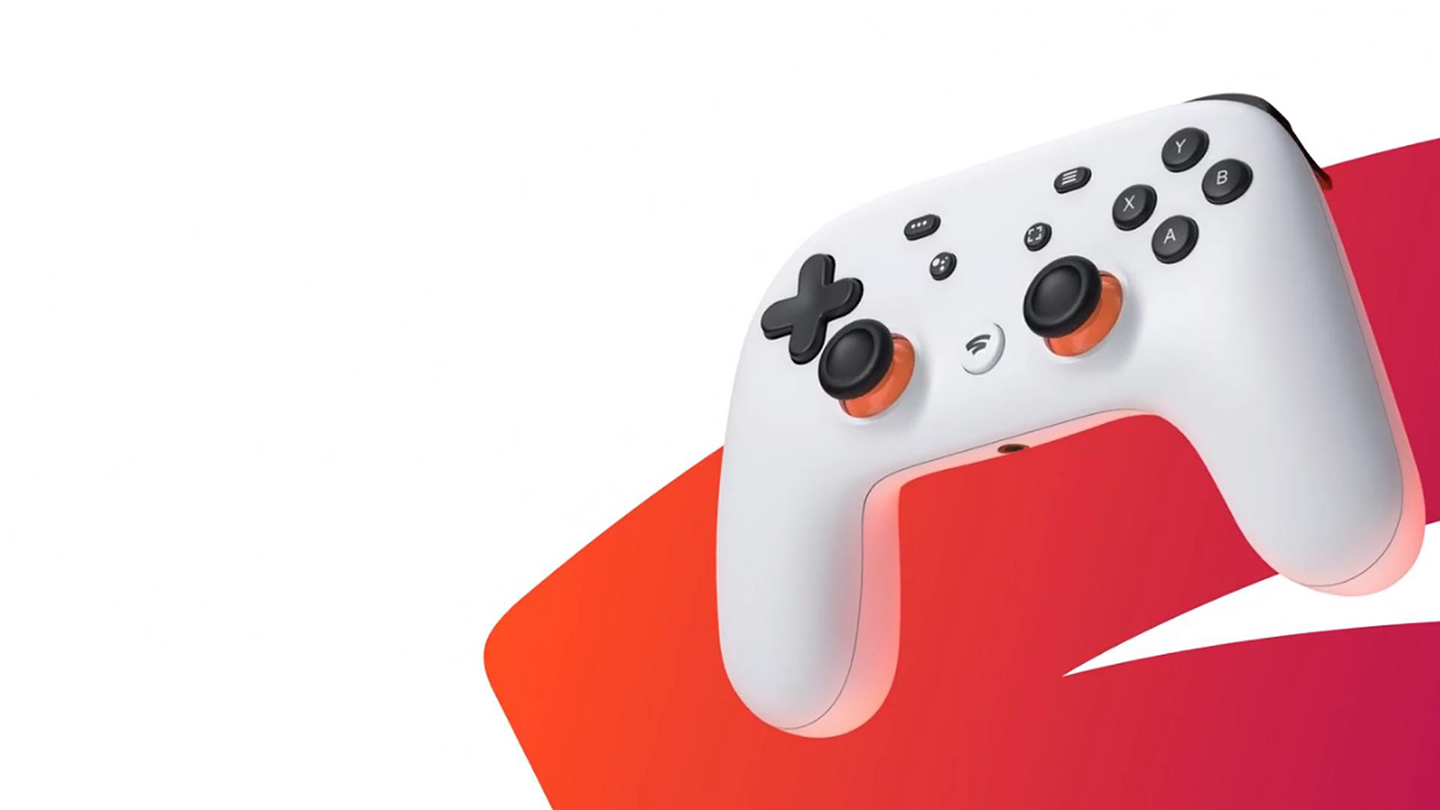It’s Increasingly Clear Stadia’s Launch Was an Expensive Beta Test

Credit to Author: Patrick Klepek| Date: Tue, 28 Jan 2020 20:20:51 +0000
I’ve been a Stadia optimist from the start. It had less to do with any particular faith in Google, a company infamous for starting ambitious projects and scuttling them when faced with short term obstacles, but a belief that streaming video games was, sooner rather than later, going to be a big part of our lives. I want to live in a world where I can access my games from anywhere and on any device, and while that, like anything else, comes with its own compromises (i.e. lack of ownership), the sheer convenience made it sound like something that would be for me.
My takeaway from Stadia at launch was simple: cool tech stuck in a bad service. It seemed like the hard part was taken care of, and the service could eventually figure itself out. But I haven’t touched a Stadia game in over a month, and my controller has gathered dust. I started thinking about this after seeing a reddit post circulate on Twitter, declaring that:
“Stadia has officially gone 40 days without a new game announcement/release, feature update, or real community update. It has been out for 69 days. It's time we demand better.”
My first thought: “That can’t be true?” But it is, and only confirms the worst suspicions that Stadia’s “launch” has been little more than a beta test people spent money to participate in.
Anyone who bought the $130 “founders edition” of Stadia, currently the only way to use Stadia outside of someone sharing their “buddy pass” with you, also received a three-month subscription to the service’s pro tier. Stadia launched on November 19, which means we’re nearly at the end of the road for many people’s subscription; February 19 is just weeks away, there just aren’t that many games to play, and the future of the service is unclear.
Sure, Google bought another studio, but they haven’t even started work on a Stadia game! The most optimistic scenario would see that game coming to Stadia sometime in…2022? Google's other option is to spend a bunch of money locking up exclusives, a la Epic, and we haven't even seen that yet.
When Stadia was announced, it came across as a way to play a stream games running on a top-of-the-line PC, but in reality, Stadia isn’t just a computer running Steam games, it’s a Linux-based platform with its own district specifications—basically, a console!—and that means developers need to put work into building for Stadia. So far, that hasn’t happened, and even the high-profile partners Google worked with, like Bungie and Rockstar, delivered lackluster versions of Destiny 2 and Red Dead Redemption 2. It certainly didn’t help that, upon being faced with this criticism, Google deflected and pointed the fingers at developers.
If Stadia couldn’t promise technical excellence, it swiftly undercuts one of its best pitches for streaming games like Doom Eternal and Cyberpunk 2077: “You don’t own a next-gen console, and your PC graphics card is old. Why not stream instead, and let us handle it?”
There is no release schedule for Stadia, and the last major additions were Borderlands 3, Darksiders Genesis, Dragon Ball Xenoverse 2, and Tom Glancy’s Ghost Recon Breakpoint. There hasn’t been an exclusive since launch— Darksiders Genesis is also available on PC, and comes to consoles soon—and games like Borderlands 3 weren’t up to date, with Stadia players being served an older version of the game on this supposed bleeding edge service. There are so few games available on Stadia that its sole exclusive, Gylt, a game Google has asked people to pay $30 for, will soon become one of the service’s subscription giveaways.
The exclusive thing has never bothered me much, though; the whole appeal of streaming is convenience for games I was already interested in playing. I want to play Outer Wilds at home, and then when I’m on the road, load up my iPad and start playing from my hotel room. But Stadia doesn’t have Outer Wilds, because it doesn’t have most video games.
And even if it did, it’s still hobbled in all sorts of other fundamental ways.
You still cannot play Stadia with the vast majority of popular mobile devices, including an iPhone or iPad. There’s no way to play on a computer without awkwardly plugging in a cable. Stadia Base, a version of the service where players could buy and stream games without opting into Google’s paid service, hasn’t launched. Google has promised there are “10 games in the first half of this year” that will “only” be available on Stadia when they launch, but we’re nearly through the first month of 2020 and none of them are announced.
It’s still true some of this, even most of this, might get worked out. Lots of services are bad for a long time, and eventually become good. That wouldn’t be shocking. But soon, Stadia isn’t won’t be alone. Microsoft’s xCloud, combined with Game Pass, promises a massive library of existing games combined with regular exclusives—hey, it even has Outer Wilds!
Then, the creeping fear around Stadia from the start will return: Will Google be willing to stick this out? If Stadia is perceived as a disaster in its first year, are they willing to figure it out?
“We’ll be back soon to share more updates,” reads a blog post published this morning by Google, an update that continues a trend of having very little concrete news about the future.
Follow Patrick on Twitter. His email is patrick.klepek@vice.com, and available privately on Signal (224-707-1561).
This article originally appeared on VICE US.